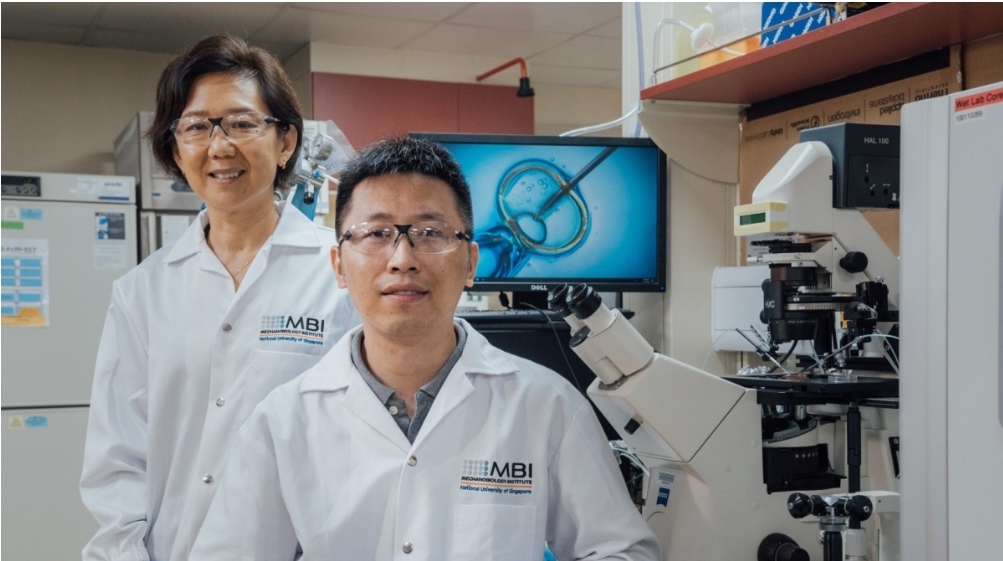SINGAPORE: A team of scientists at the National University of Singapore (NUS) has made significant strides in addressing age-related fertility issues, offering hope for improved outcomes in assisted reproductive technologies like in-vitro fertilisation (IVF).
The research focuses on enhancing the reproductive potential of aged oocytes, or immature egg cells, which is crucial to successful pregnancies in older women.
Led by Professor Rong Li, director of the Mechanobiology Institute (MBI), and Dr. Wang Haiyang, a senior research fellow, the study revealed that the follicular environment—where oocytes mature—plays a critical role in their quality.
The researchers found that young oocytes’ developmental potential was negatively impacted when placed in an aged follicular environment. However, they discovered that aged oocytes could be rejuvenated by transplanting them into a younger, healthier follicular environment.
Professor Li highlighted that ovarian follicles, which house oocytes, are the fastest-ageing system in the human body. This accelerated ageing process sparked the team’s interest in finding solutions to improve fertility outcomes for older women.
The research team plans to investigate further how the younger follicular environment enhances the quality of aged oocytes.
They will also validate their findings with human cells and oocytes, aiming to develop an optimised follicle cell line that could boost the effectiveness of IVF treatments.
To protect their innovative approach, the team has already filed a patent for the technique used to rejuvenate aged oocytes. The study was funded by the Asia Centre for Reproductive Longevity and Equality, NUS Medicine, and the National Research Foundation, Singapore.

